Middle East & North Africa
2012
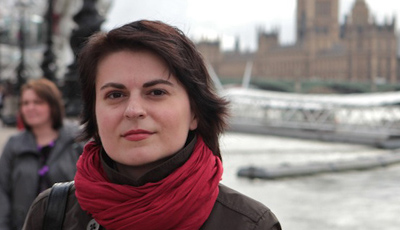
Attacks on the Press in 2011: Profiles in Freedom
How does one negotiate the choice to stay and report potentially dangerous news, rather than take a less risky assignment, leave the profession, or flee the country? The recipients of the 2011 International Press Freedom Awards explain. By Kristin Jones
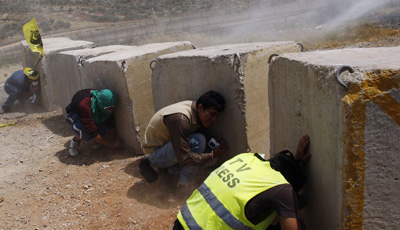
Attacks on the Press in 2011: Evolution in Journalist Security
The danger of covering violent street protests has become a significant risk for journalists, alongside combat and targeted killings. Sexual assault, organized crime, and digital vulnerability are also hazards. The security industry is struggling to keep up. By Frank Smyth
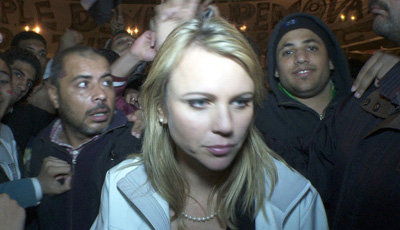
Attacks on the Press: Changing Views on Sexual Assault
The much-publicized assault on Lara Logan put the danger of sexual violence for journalists into the spotlight for the first time. As a result, there is more open discussion between reporters and news managers, but still too few preventative steps. By Lauren Wolfe
Attacks on the Press in 2011: Middle East & North Africa
Analyses and data track press freedom conditions throughout the region. Mohamed Abdel Dayem examines five trends to watch from the Arab uprisings. María Salazar and Sheryl Mendez describe the fear and uncertainty facing doens of Iranian exiled journalists. And Robert Mahoney details Turkey’s assault on free expression.
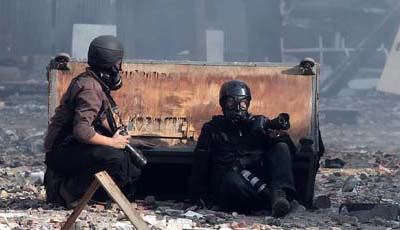
Attacks on the Press: From Uprisings, Trends to Watch
The Middle East’s political shifts changed conditions for journalists dramatically. The emerging trends favor free expression, but are filled with ambiguity and depend on the political configurations to emerge after the revolutionary dust has settled. By Mohamed Abdel Dayem
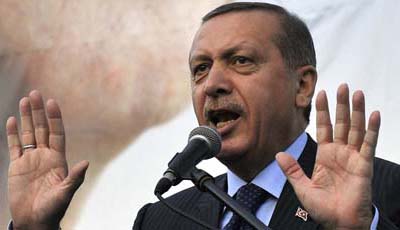
Attacks on the Press in 2011: Turkey’s Legal Problem
With the aid of anachronistic legislation and a rigid judiciary, Turkish officials and politicians have curbed free expression by subjecting journalists to endless court proceedings and legal costs. The EU and the U.S. are no help. By Robert Mahoney >> Türkçe
Attacks on the Press in 2011: Iran’s Vast Diaspora
Journalists who have fled Iran to avoid prison face a tense and lengthy process toward resettlement, an uncertain financial and professional future, and most of all, fear that the Iranian government will catch up with them. By María Salazar-Ferro and Sheryl A. Mendez >> فارسي
Attacks on the Press in 2011: From Iran Into Exile
This video companion to Attacks on the Press recounts the story of Iranian journalist Javad Moghimi Parsa. Time magazine published one of the photos he took during his off-duty coverage of the unrest that came after the 2009 elections. Called a spy, he fled into exile. (2:47) Read the Attacks on the Press 2011 country…
Attacks on the Press in 2011: The Year in Photos
Photographers from The Associated Press, Reuters, Agence France-Presse, and other news outlets documented historic events in 2011, often at great peril. The Year in Photographs: Press Freedom in 2011 features images from the Arab uprisings, South Asia’s armed conflicts, and political repression in the Americas, Africa, and Europe.